Though it desperately needs a rich partner, Dish is moving ahead with plans to build a 5G network
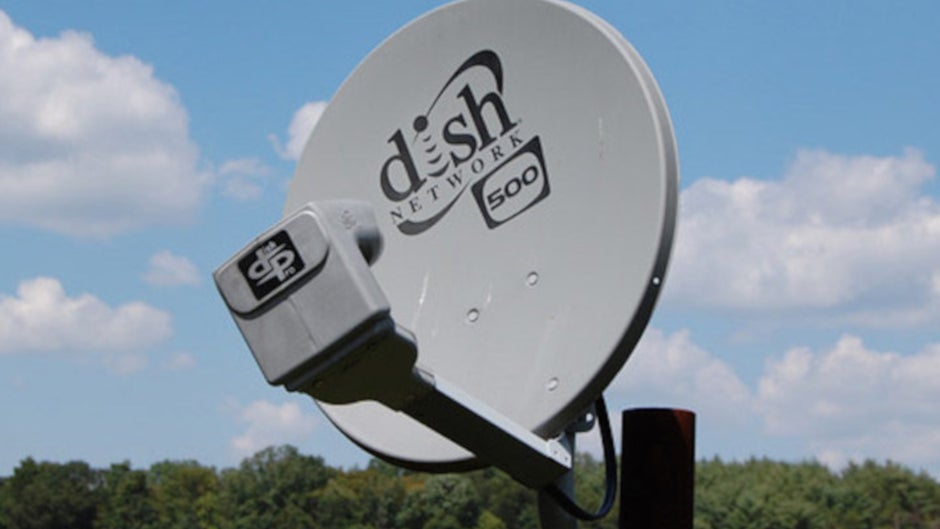
Now that T-Mobile has absorbed Sprint on its way to creating what some analysts say will be the fastest 5G network in the states, all eyes turn to Dish Network. That's because of the deal that Sprint agreed to in order to get the Justice Department (DOJ) to agree to its merger with T-Mobile. You see, the DOJ did the math and figured out that because of the merger, the number of major U.S. wireless providers was dropping by 25%. The regulatory agency was concerned that this would lead to higher prices for wireless service in the states. So it decided that in exchange for allowing the merger to go through, Sprint would have to help create its own replacement.
To help create the "fourth nationwide facilities-based network competitor," Sprint agreed to a multi-billion deal with Dish Network. Dish chairman Charles Ergen has long sought to get into the wireless business. In fact, he tried to buy Sprint back in 2013 by lobbing in a $25.5 billion bid for the carrier. But that bid was not financed and SoftBank ended up with 80% of Sprint. We're sure that Mr. Ergen counted his lucky stars many times that he didn't win that takeover battle. Dish was also the second-biggest spender in the FCC auction of 600MHz low-band spectrum back in 2017. T-Mobile spent nearly $8 billion for the spectrum that is behind its nationwide 5G network while Dish shelled out $6.2 billion.
Dish Network remains committed to building a standalone 5G network
The $5 billion deal with Sprint gives Dish all of the carrier's prepaid businesses including 9.3 million subscribers. Dish also gets 14MHz of 800MHz spectrum from Sprint and 7,500 retail stores. T-Mobile will reportedly sign a seven-year deal to provide wireless service to Dish (which would operate as an MVNO) while the latter starts building a standalone 5G network. That task is going to require a deep-pocketed partner and either Apple, Google, or Amazon would fit the bill.
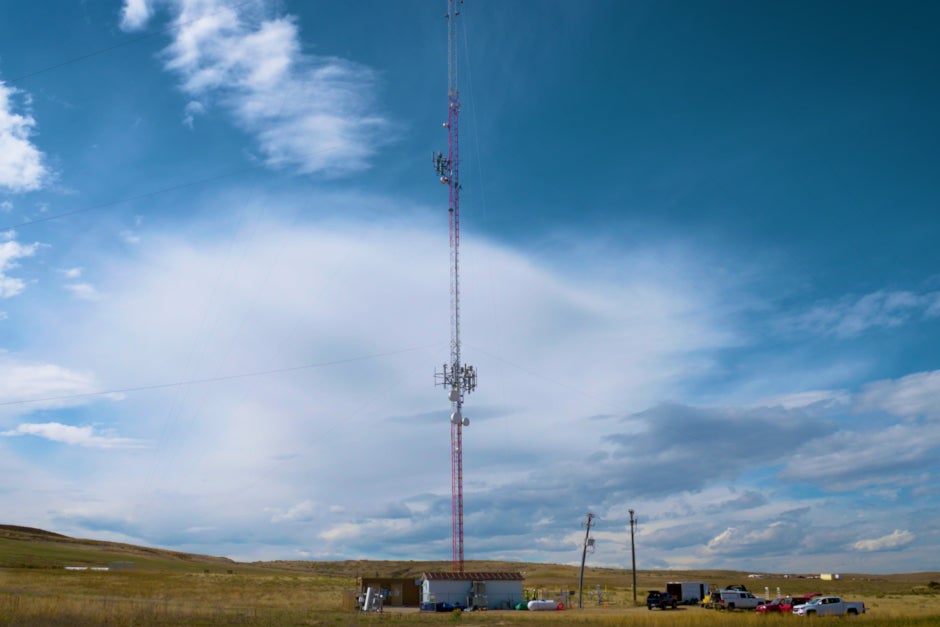
Dish remains committed to building out a 5G network
According to Fierce Wireless, Dish estimates that it will cost $10 billion to build a 5G network. Building such a network would normally cost more but because Dish is using special software and other technologies, it can get the job done for less money. But New Street analyst Jonathan Chaplin says that Dish has enough cash on hand to pay for the Boost acquisition and pay off $1.1 billion in debt it owes next month. More troubling is $2.1 billion of debt that is due in June 2021. Dish will still need $9 billion to fund the build-out of its wireless network.
Chaplin wrote a note to clients in which he writes that the rumored partners for Dish are still interested and have access to the amount of capital Dish needs. The analyst notes that "We always assumed the capital would come, either from a strategic partner or, more likely, from the capital markets with knowledge of a commitment from a strategic partner. Nothing has changed since the onset of the crisis. None of the strategic partners that we have speculated about have any less interest in a new, low-cost access network, and none have diminished access to capital or a diminished ability to make a commitment to purchase capacity in the future. Really, nothing has changed."
But what has changed is the ability of Dish to access the public debt market because of the coronavirus. Despite the financial shortfall, Dish appears to be moving forward with its plans. Last week it announced that it had selected its first vendor for the network, software provider Mavenir. The latter will supply Dish with OpenRAN software that increases the efficiency of 5G spectrum, enhances network capacity, and more.
The bottom line is that despite widespread skepticism, Dish is moving ahead with its plans to build a standalone 5G network and replace Sprint as the nation's fourth-largest carrier.
Follow us on Google News







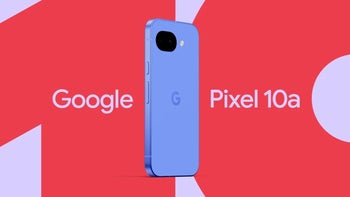
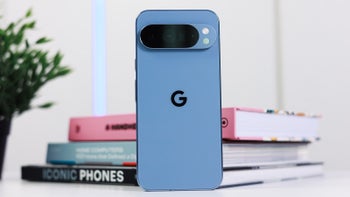
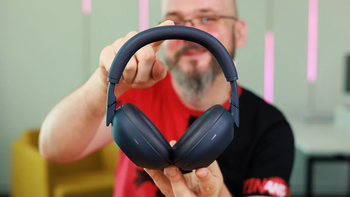
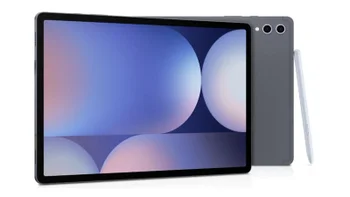

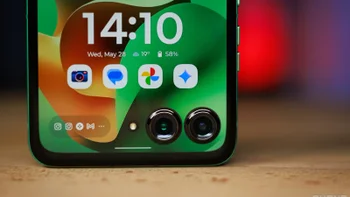
Things that are NOT allowed:
To help keep our community safe and free from spam, we apply temporary limits to newly created accounts: